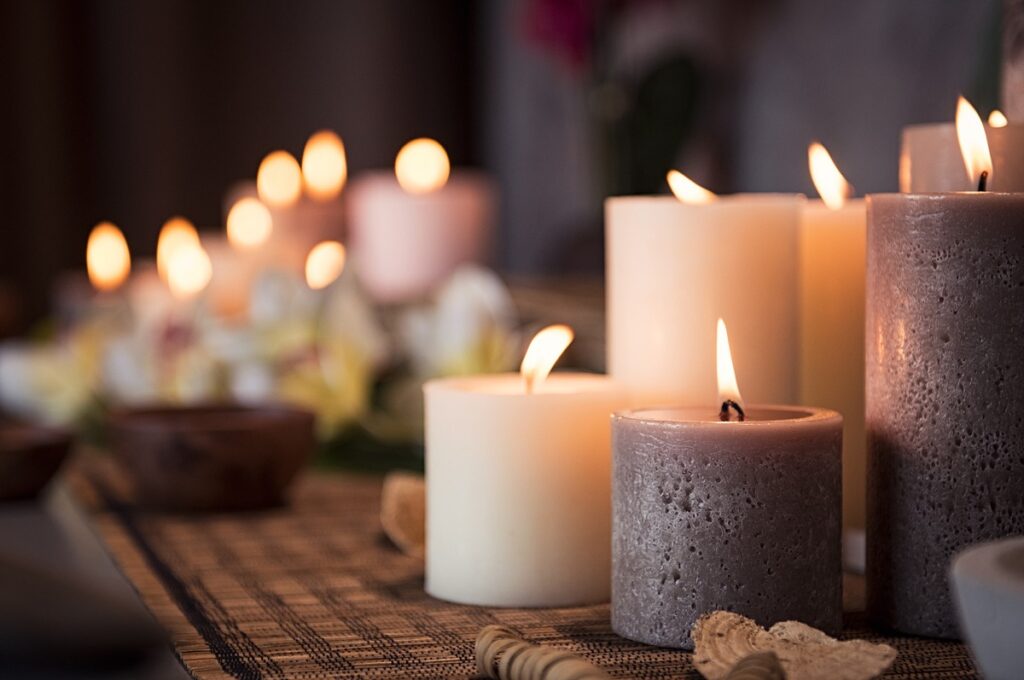Non-religious funerals are designed to celebrate the life of the deceased without religious traditions or rites. These ceremonies tend to focus on the person’s individuality and provide an opportunity for friends and family to remember and honor their loved one in a personalized way. Unlike religious funerals, which may follow established formats, non-religious funerals offer more flexibility, allowing for creativity and unique tributes that reflect the life of the deceased.
Planning a Non-Religious Funeral
Non-religious funerals can be planned by close family members, friends, or a professional funeral planner, depending on the circumstances. A key decision is where the service will take place. Since there are no religious obligations to fulfill, the location is flexible. A non-religious ceremony might occur in a funeral home, an outdoor setting, or even at a private residence. If you choose to work with a celebrant, they can help guide the structure of the event. However, it’s also common for families to lead the service themselves.
Legal requirements like securing a death certificate, arranging cremation or burial, and fulfilling local regulations are still necessary, regardless of religious affiliation.
Where Are Non-Religious Funerals Held?
Non-religious funerals can be held almost anywhere, making the event as unique as the person being remembered. Popular venues include:
- Funeral homes: Many funeral homes offer non-denominational services.
- Outdoor locations: Parks, beaches, or gardens offer peaceful, natural settings.
- Private homes: Intimate gatherings can take place in a family member’s home.
- Non-traditional venues: Some families choose community centers, art galleries, or event spaces.
This flexibility allows families to select venues that feel most appropriate for the person they are celebrating.
Structure of a Non-Religious Funeral Service
Non-religious funerals don’t follow a specific structure, but most services share common elements:
- Opening remarks: These may include welcoming attendees and introducing the purpose of the gathering.
- Eulogies: Family and friends share stories or memories.
- Tributes: These can take the form of poetry readings, personal letters, or special music.
- Moments of silence or reflection: A time for quiet contemplation or shared remembrance.
- Closing: The service may conclude with a final farewell or symbolic gesture.
Each component can be adapted based on the preferences of the family or the personality of the deceased.
Will I See a Body at a Non-Religious Funeral?
Whether or not you will see a body at a non-religious funeral depends on family preferences. Some families choose an open casket, allowing attendees to view the body and say their final goodbyes. Others may opt for a closed casket or no body presence at all. In some cases, especially with cremations, an urn or photographs of the deceased may be displayed instead.
Factors influencing this decision include personal beliefs, cultural practices, and logistical concerns. It’s always good to inquire beforehand if you’re unsure what to expect.
See also: What is a viewing?
Role of the Celebrant
In non-religious funerals, a celebrant often takes on the role of leading the service. Unlike religious leaders, celebrants focus on crafting a service that reflects the person’s life rather than following a religious doctrine. They work with families to gather stories, select meaningful tributes, and create a ceremony that honors the deceased’s memory in a personalized way. Some families may choose not to have a celebrant at all, instead opting for a more informal, family-led event.
Eulogies and Tributes
Eulogies are a cornerstone of non-religious funerals, offering family and friends a chance to share their memories. These speeches are often heartfelt and personal, reflecting on the individual’s life, character, and achievements. In addition to eulogies, tributes such as favorite poems, songs, or readings are common. Visual tributes like memory boards or photo slideshows can also play a key role in honoring the deceased.
Read more: Eulogies
Music and Readings
Music and readings are chosen based on personal taste, with many opting for contemporary, classical, or secular music. There is no requirement for religious songs or readings, making this part of the service fully customizable. Families might select favorite songs of the deceased or meaningful literature that reflects their personality and values.
See also:
- Readings for non-religious funeral
- Music for a funeral from: 1940s, 1950s, 1960s, 1970s, 1980s, 1990s, 2000s, 2010s
- Guide: How to select music for a funeral or celebration of life
Visual and Interactive Elements
Non-religious funerals often include visual elements such as memory boards or slideshows of the deceased’s life. These visual tributes allow attendees to reflect on the person’s life in a tangible way. Additionally, symbolic acts like lighting candles, planting a tree, or releasing balloons may be incorporated to provide a lasting tribute. Attendees are often encouraged to participate by sharing stories or contributing personal items to a memory table.
Committal or Final Farewell
At the conclusion of the service, the committal or final farewell marks the end of the ceremony. This may involve accompanying the body to its final resting place for burial or scattering ashes after cremation. Modern alternatives such as green burials or aquamation may also be included, depending on the wishes of the deceased and their family.
Reception and Post-Service Gatherings
After the funeral service, it’s common to hold a reception where guests can gather informally to share memories and offer support to the family. These gatherings can take place in a family home, a rented hall, or an outdoor location. Providing food and drinks offers a chance for further connection and reflection in a more relaxed setting.
Common Questions About Non-Religious Funerals
- What should I wear? Dress codes are typically more casual at non-religious funerals, though you should still aim for respectful attire.
- How long does the service last? Non-religious funerals generally last between 30 minutes to an hour, but this can vary.
- Are there any customs to follow? Unlike religious funerals, there are usually no specific customs, though it’s always respectful to follow any guidelines provided by the family.

